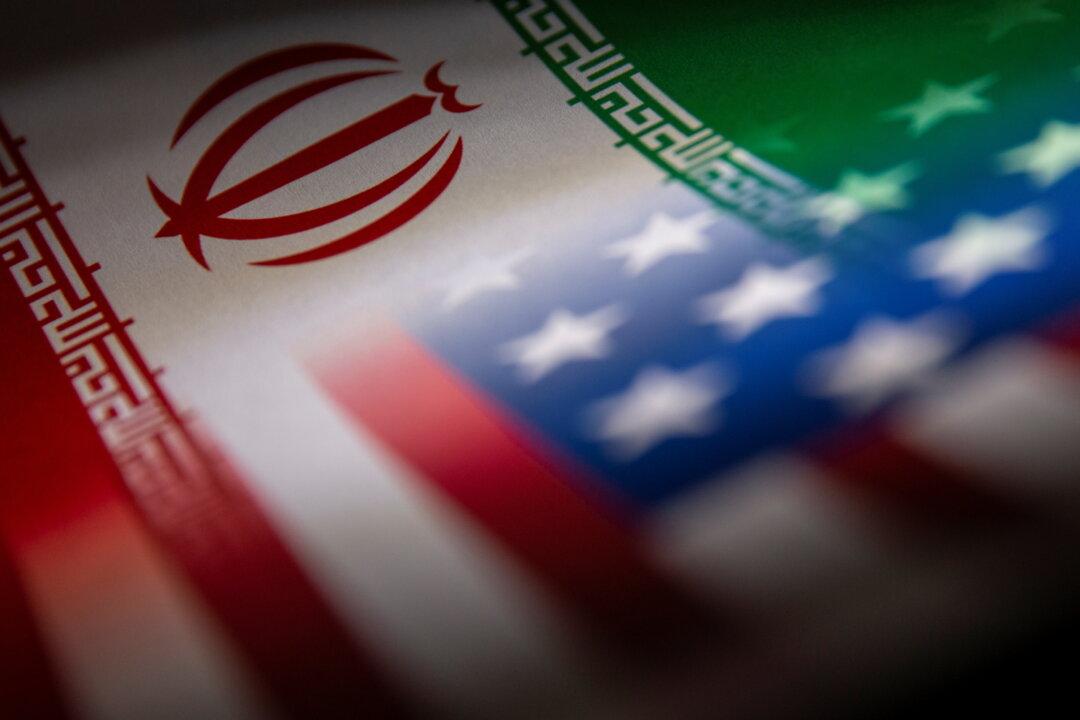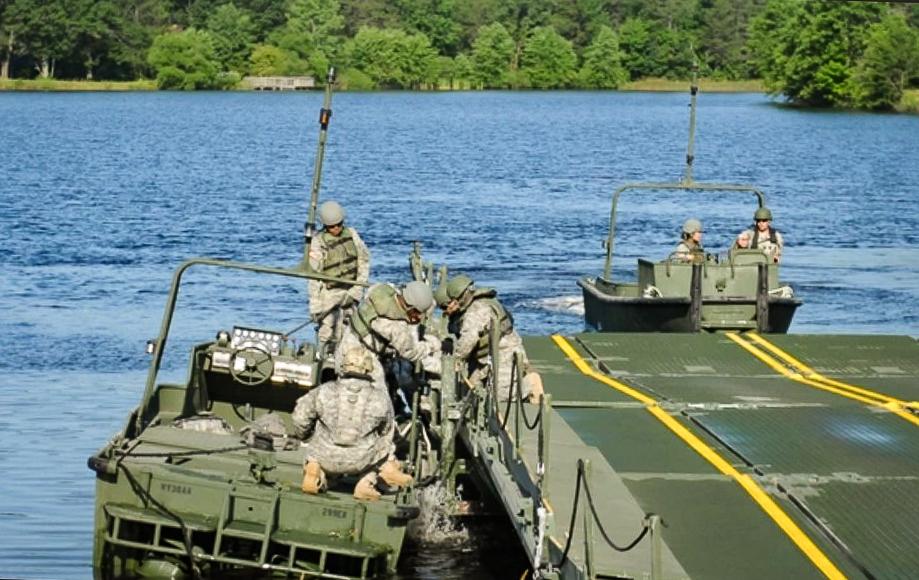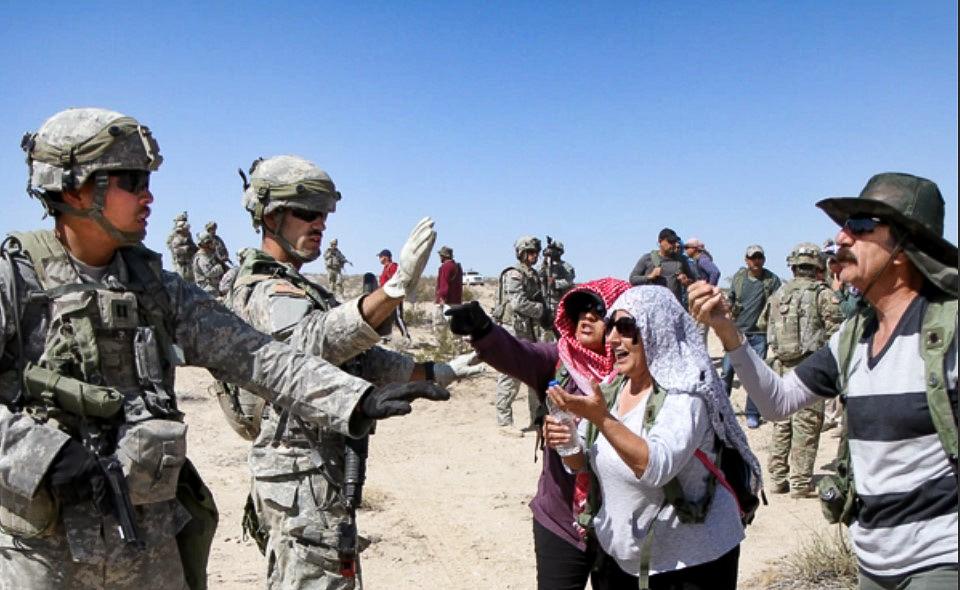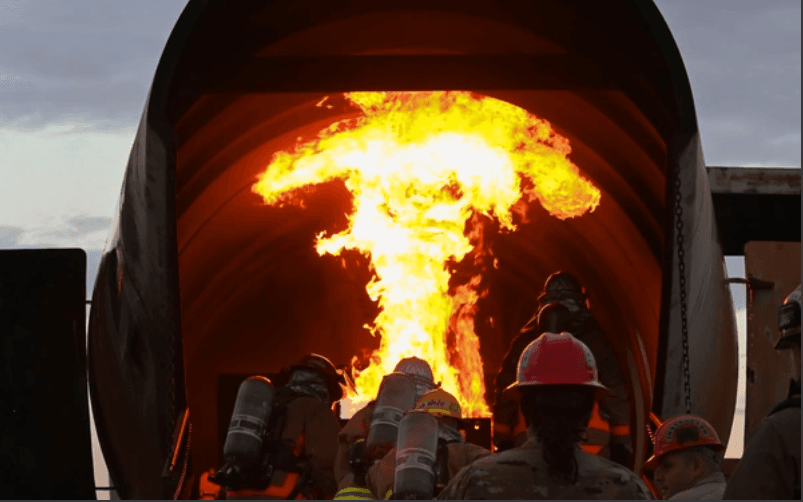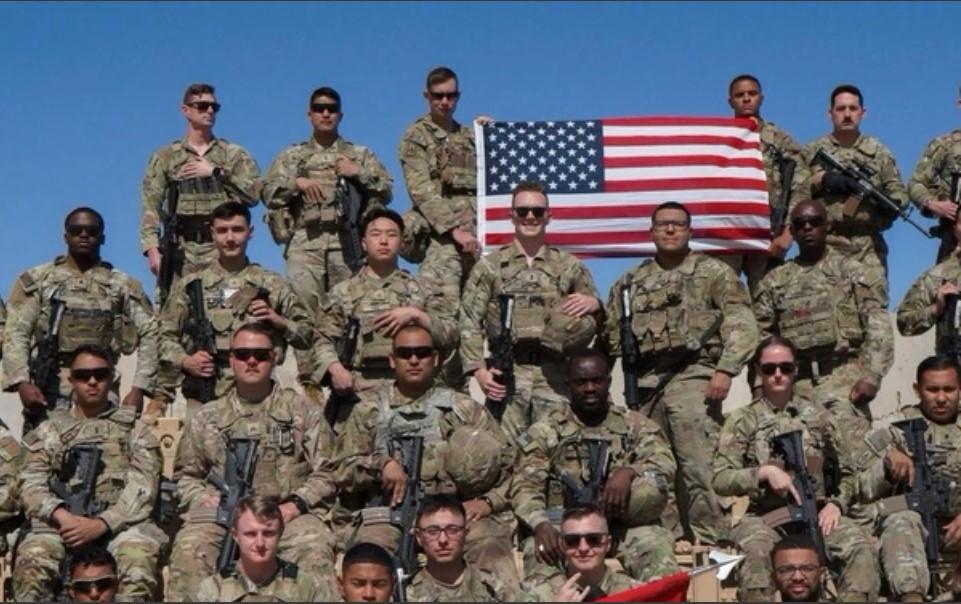Commentary
The Iranian regime raised eyebrows again in December after their military forces conducted exercises designed to serve as “the war before the war” with Israel and the United States, which it identifies as “The Little Satan” and “The Great Satan,” respectively. While exercises in the Strait of Hormuz are routine, these latest maneuvers come at a time of heightened regional tensions and tightening worldwide oil markets. Around 25 percent of the world’s oil flows through the tiny strait separating Iran from the gulf states of Oman and the United Arab Emirates. An Iranian closure of the Strait, or even the possibility of military action there, could cause a worldwide oil shortage in an industry already feeling pressure from the Russian invasion of Ukraine.
